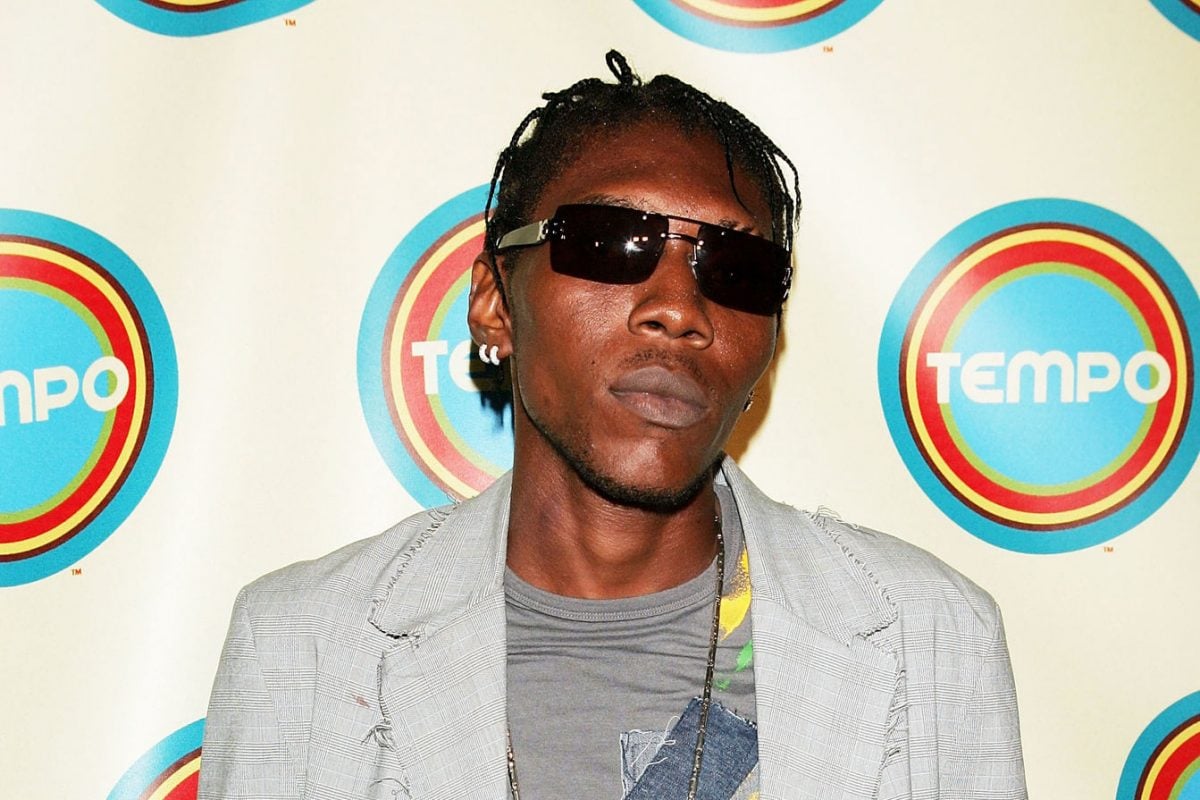Throwback Thursday: Vybz Kartel’s ‘Thank Yuh Jah’

Thank Yuh Jah, a rare moment in Vybz Kartel’s discography in which he convincingly toed the line between religion and morality, is this week’s Throwback Thursday subject.
Produced by NotNice on his Gangster City riddim in 2010, Thank Yuh Jah was a positive anthem of gratitude and introspection and doubled as proof that the trope of the impoverished ‘ghetto yute’ – as separate from the actual impoverished ghetto youth – had not yet outlived its usefulness, whether as a political football or as fuel for pseudo-activists. Coincidentally, or not, that remains the case.
Though released in April 2010, Thank Yuh Jah, with a hint of fatalist philosophy, could easily be argued as a song made in light of or one that preempted the horrors that would occur in May that year. Specifically, the bloody Tivoli Incursion – a war between Jamaica’s armed forces and gunmen – over 500 of them.
While it’s admittedly a stretch to draw any connection between one of Vybz Kartel’s closest hits to a Gospel song and one of the bloodiest periods in Jamaica’s history, it cannot be denied that the song filled some very specific needs that arose in the wake of that violent unrest.
Needed some Biblical wisdom? The song’s intro covered that with its Psalms 127:1 opening: “Except the Lord build the house, they labour in vain that build it: except the Lord keep the city, the watchman watcheth but in vain.” How about a word of gratitude after surviving the unknown? “Thank yuh Jah mi wake up this morning…”, found in the song’s introductory verse, covers that too.
The lens of the factually unrelated Tivoli incident aside, the song easily holds sway as an open and thoughtful invitation for gratitude and goodwill. It’s a constant reminder of the small blessings that make up life’s grand picture, and of the magic that happens when we simply choose to be grateful, despite the reasons we can simply choose not to be.
Powerful lyrics stand on their own, but delivered by someone as influential as Vybz Kartel, their meanings take on so much more weight. The 2010 version of Adidja Palmer was expectedly different from the version of him that sang Rompin Shop with Spice the year prior. This Vybz Kartel had been left holding up the walls of a crumbling empire, and with all the signs pointing to an inevitable meeting with the law – one he proved unable to return from – Kartel’s expression of gratitude is that much more profound. But that’s not all he saw and spoke about in the song.
Flashes of the Afrocentric intellectual could be found all throughout the song as well, with the then Gaza head questioning the state of wealth inequality (“In di street mi see poor people bawling…”), the Black woman (“Weh di Black woman future, mi asking? Weh di system a do fi she?” and children (“Nuff juvenile d’even nyam from mawnin…). His inquisition didn’t stop there, but also touched on issues concerning prison reform, in which he specifically highlighted the systemic destruction of Black families via mass incarceration. While on the surface that may not be immediately visible, Kartel ingeniously fashions the hook to reflect those themes. He first salutes single mothers, before drawing attention to why some of them became single mothers in the first place. He sings:
“Big up di gyal dem weh fight it alone
And a raise two, three, pickney pon dem own
Weh di man deh? No man nuh deh home?
Babylon have dem inna jail”
No doubt a testament to Vybz Kartel’s unparalleled penmanship and fame, Thank Yuh Jah earned its place as one of the most memorable – and timeless – tracks to be found in that musical sweet spot of ‘Gratitude’. Interestingly, such songs – including others focused on ‘Fake Friends’, ‘Haters’, and ‘Badness’ – almost in the same way that ‘Choppa’ and Trap songs have – have become subgenres unto themselves.
There are quite a few songs that could operate in the same niche that Thank Yuh Jah did when it first came out, but we are not certain they would have been as impactful. The Worl’ Boss has a distinct air of authenticity to him when singing about issues as pervasive as those he mentioned on the track. In some ways, he managed to position himself as a champion for the poor, even while ironically becoming rich in the process, but it’s a formula he’s used well to varying ends and degrees of success.
He reveres the struggle and the triumph, and even if he was ultimately a millionaire singing about things he could no longer relate to, his impact would be unaffected because to his many fans, he made it out of the dirt, and was now their mouthpiece.
If for no other reason, that’s why Thank Yuh Jah is a classic.
